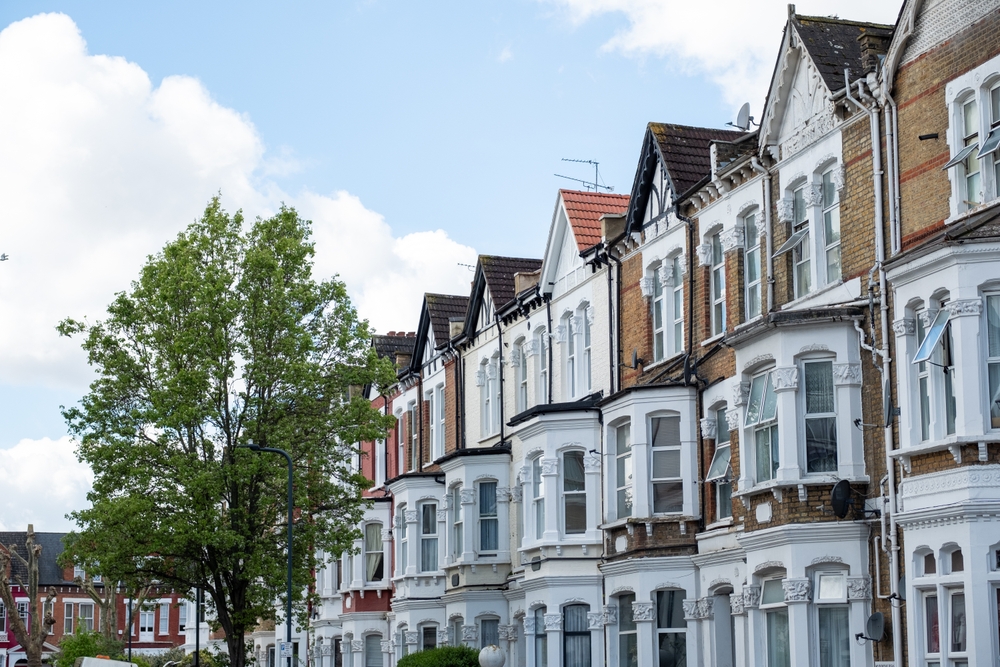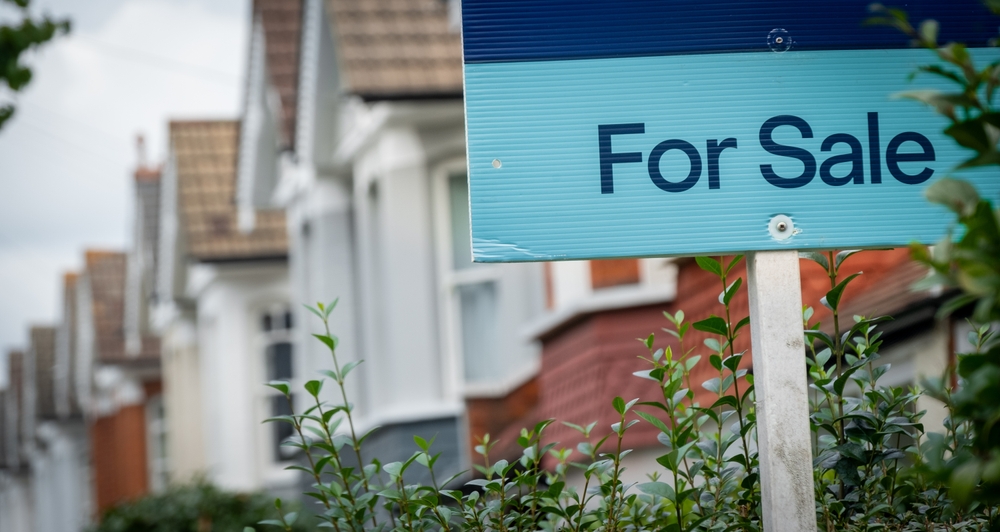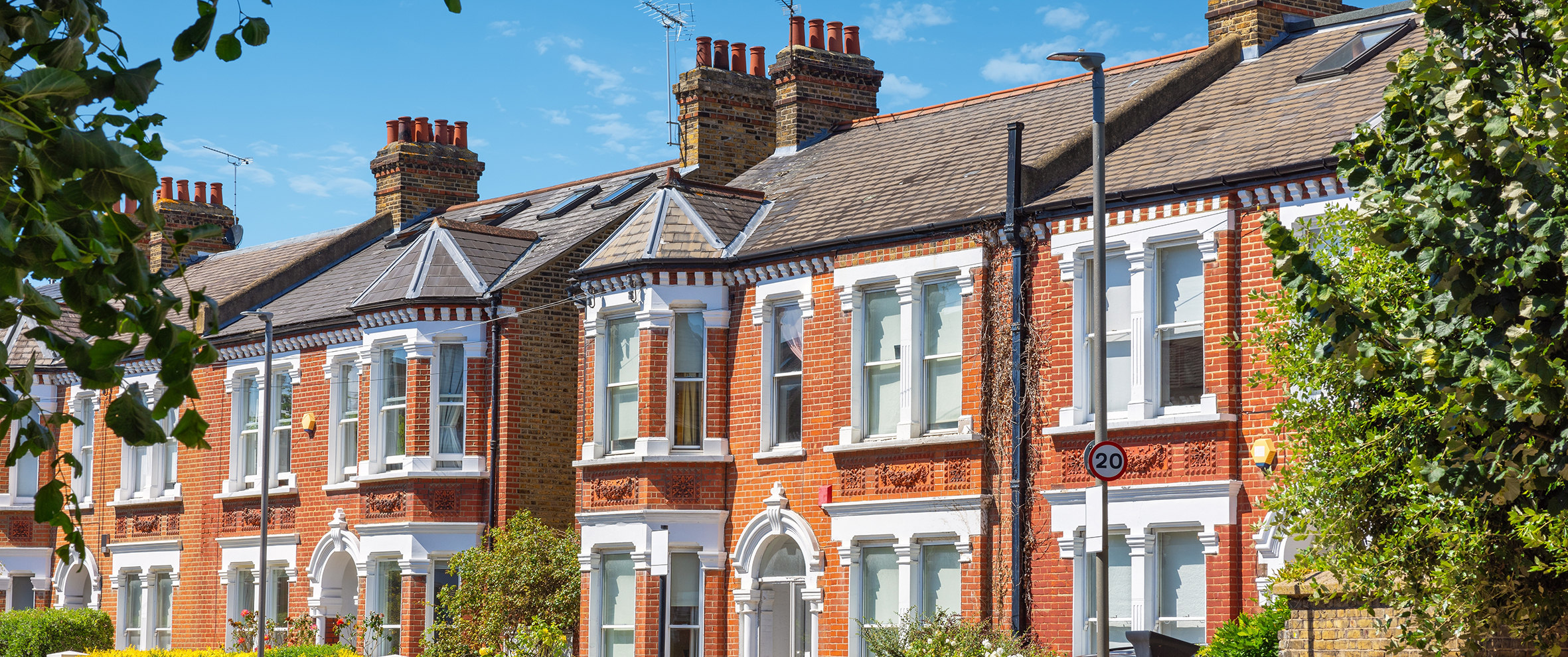London is a city renowned for its diverse property market, where a single street can feature homes with vastly different values. Whether you’re considering selling your home, refinancing, or simply curious about your property’s worth, understanding house valuation is crucial. This guide will walk you through the essentials of house valuation London, helping you make informed decisions about your property.
What is a House Valuation?
A house valuation is an estimate of a property’s market value. This estimate is typically provided by a professional surveyor or an estate agent, who assesses various factors to determine what a buyer might be willing to pay. While a valuation is not the same as a final sale price, it’s a critical starting point for setting realistic expectations.
Why is House Valuation Important?
- Selling Your Property: If you’re planning to sell, a valuation helps you set a competitive asking price. Overpricing can lead to a prolonged market presence, while underpricing might result in a quick sale but with less profit.
- Refinancing: When applying for a remortgage, lenders will require a valuation to ensure the property’s worth aligns with the loan amount.
- Inheritance and Taxation: Accurate valuations are vital for calculating inheritance tax and for probate purposes.
- Investment Planning: Understanding your property’s value helps in planning future investments, whether in further property or in other assets.
Factors That Affect House Valuation in London

London’s property market is unique, with several factors influencing house valuations:
- Location: In London, location is king. Proximity to transport links, schools, parks, and amenities can significantly boost a property’s value. Prime areas like Islington, Highgate and Hackney command high prices, but even within these areas, prices can vary street by street.
- Property Condition: The state of repair and overall condition of a property heavily influences its value. Renovated properties with modern amenities and fittings often attract higher valuations.
- Size and Layout: Larger properties with well-planned layouts typically receive higher valuations. However, clever design and use of space in smaller properties can also lead to a favourable valuation.
- Market Trends: London’s property market is influenced by broader economic factors, such as interest rates, employment levels, and political stability. Keeping an eye on these trends can help you understand fluctuations in property values.
- Development Potential: Properties with potential for extension or renovation often receive higher valuations, as buyers may see future opportunities to add value.
How to Get an Accurate Valuation
- Hire a Professional Valuer: Engaging a qualified surveyor or estate agent who knows the London market is the most reliable way to get an accurate valuation. They will visit the property, inspect it thoroughly, and consider local market conditions before providing an estimate.
- Online Valuation Tools: While not as precise as a professional valuation, online tools can give you a rough estimate. These tools use data from recent sales in your area to generate an approximate value.
- Compare Similar Properties: Look at recent sales of similar properties in your neighbourhood. This can give you a ballpark figure, though it’s important to consider that no two properties are identical.
When to Get a House Valuation
- Before Selling: A valuation should be your first step before listing your property for sale. This ensures you set a realistic price that attracts buyers while maximising your return.
- During Refinancing: If you’re considering refinancing, a recent valuation is often required by lenders. This helps them assess the risk and determine the loan-to-value ratio.
- Post-Renovation: After completing major renovations or home improvements, it’s wise to get a new valuation to understand how much value you’ve added to your property.
- Market Monitoring: Regular valuations can help you stay informed about your property’s value, especially in a dynamic market like London’s. This can be particularly useful for investment planning.

The Role of Property Auctions in London
Property auctions in London offer an alternative method for selling your property, often attracting buyers looking for investment opportunities. If you’re considering auctioning your home, a valuation is still necessary to set a reserve price and ensure you don’t sell below market value. Auctions can be particularly advantageous for properties that are difficult to value due to unique characteristics or those that need a quick sale.
Conclusion
Understanding house valuation in London is essential for making informed decisions about your property. Whether you’re selling, refinancing, or planning future investments, a thorough understanding of the factors that influence valuations will help you navigate the complex London property market. By following the advice in this guide, you’ll be well-equipped to ensure your property is valued accurately and fairly, allowing you to achieve the best possible outcome.





